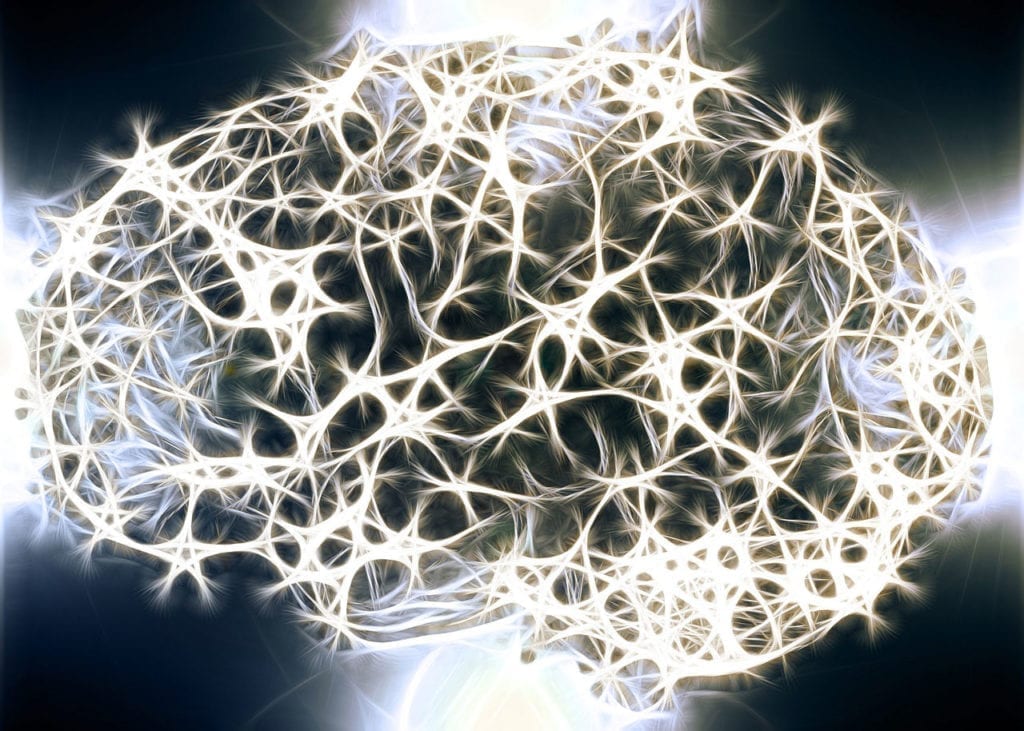A few years ago, Dean Mooney began experiencing some troubling health symptoms. His left hand became stiff and sometimes difficult to use. Later, he developed a mild arm tremor. After pursuing assistance from a physician, Mooney was diagnosed with motor neurone disease (MND). Unfortunately, this has made it more difficult for Mooney to pursue his interests and prior activities; he is unable to partake in running or football. To develop a deeper understanding of MND, he enrolled in a year-long research study spearheaded by the University of Exeter.
According to reporting from the BBC, Mooney is now advocating for others with MND to participate in the research study. Within the study, the University of Exeter’s neurodegeneration researchers will use neuroimaging techniques to attempt to broaden the knowledge base around MND. These images could potentially identify new therapeutic targets. If you have MND and would like to volunteer as a participant, please email [email protected].
What is Motor Neurone Disease (MND)?
Have you ever heard of amyotrophic lateral sclerosis (ALS)? Well, ALS is considered to be the most common form of motor neurone disease. MND refers to a group of uncommon or rare conditions which cause motor nerve (motor neuron) degeneration and death. As these nerves die, muscle wasting begins, which eventually leads to paralysis. Unfortunately, the prognosis for MND is poor, with the disease often becoming fatal within a few years following diagnosis.
The exact cause of MND is unknown. Many hypothesize that a blend of environmental, genetic, and lifestyle factors influence its development. The average age of diagnosis is late 50s. Symptoms of MND can, but do not always, include:
- Shortness of breath and/or difficulty breathing
- Slurred speech
- Difficulty swallowing
- Sleep interruptions
- Headache
- Frequent tripping and falling
- Hand, leg, and shoulder weakness
- Joint and muscle pain
- Weight loss
- Changes in ability to control emotions
- Excessive drooling
There is currently no cure for MND.








